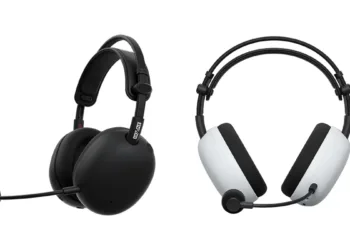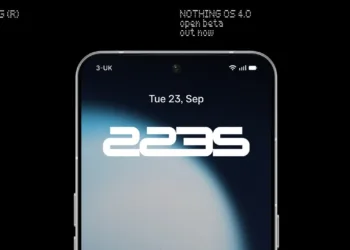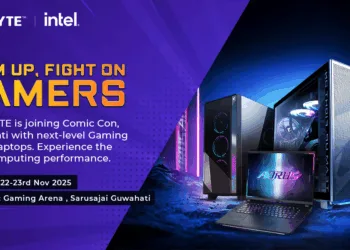Luminar shares saw an almost 20% jump in its share price on Wednesday as news broke of a high-profile executive shakeup. The manufacturer of high-performance lidar sensors for autonomous vehicles announced that the former General Counsel of Tesla, Alan Prescott, will join the company as its Chief Legal Officer.
Mr. Prescott, who has previously served as Uber’s senior counsel, was not the only high-profile hiring, Luminar has also appointed Intel’s former financial executive, Trey Campbell, as its lead contact for investor relations. Given the dramatic surge in Luminar’s shares on Wednesday, investors are viewing the company’s latest executive hiring spree as a roadmap to success in a cutthroat industry.
In March this year, Luminar secured a lucrative partnership with the largest automaker in China, SAIC Motor, which will see its lidar sensors incorporated in SAIC’s R brand Electric Vehicles. Luminar will establish its first office in China as a part of this deal. Moreover, the “partnership is expected to deliver the first autonomous production vehicles in China, establishing SAIC’s technology leadership position and Luminar’s production launch in the region.”
Unlike Frequency Modulated Continuous Wave (FMCW) lidars, Luminar’s sensors measure the time taken for a laser beam to reflect off a surface. Luminar’s branded lidar architecture utilizes an InGaAs Receiver & ASIC (2x) 1550nm Laser Dual-Axis Scanner. As per the report by WCCFTECH, Lumiar’s Iris will be seamlessly integrated into the roofline of SAIC’s R brand vehicles. “Luminar’s lidar sensors provide a range performance of over 250 meters and a maximum resolution of over 300 pts/deg2 @ 10Hz. Moreover, it also offers a 120°x30° field of view.”
The lidar sphere is on a rise and getting crowded with companies that are going public in order to acquire funds for the ongoing transition to autonomous transportation. While Luminar and Velodyne remain top of the pile in this equity sector, other players are also making their mark now. For instance, Aeva retails FMCW lidar sensors that measure velocity as well as reflectivity, depth, and inertial motion. In order to do this, “the sensor emits a continuous, low-power laser beam that measures changes in the frequency of waves that are reflected from intermittent objects.” Accordingly, FMCW retains a major edge over other comparable time-of-flight lidar products.








